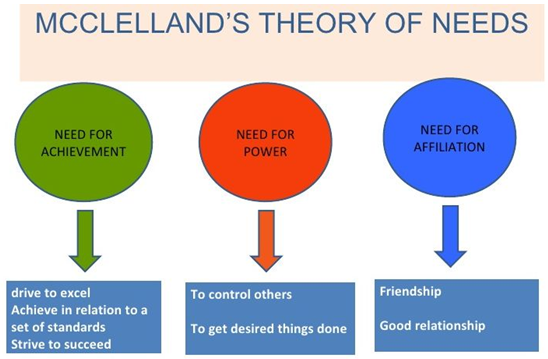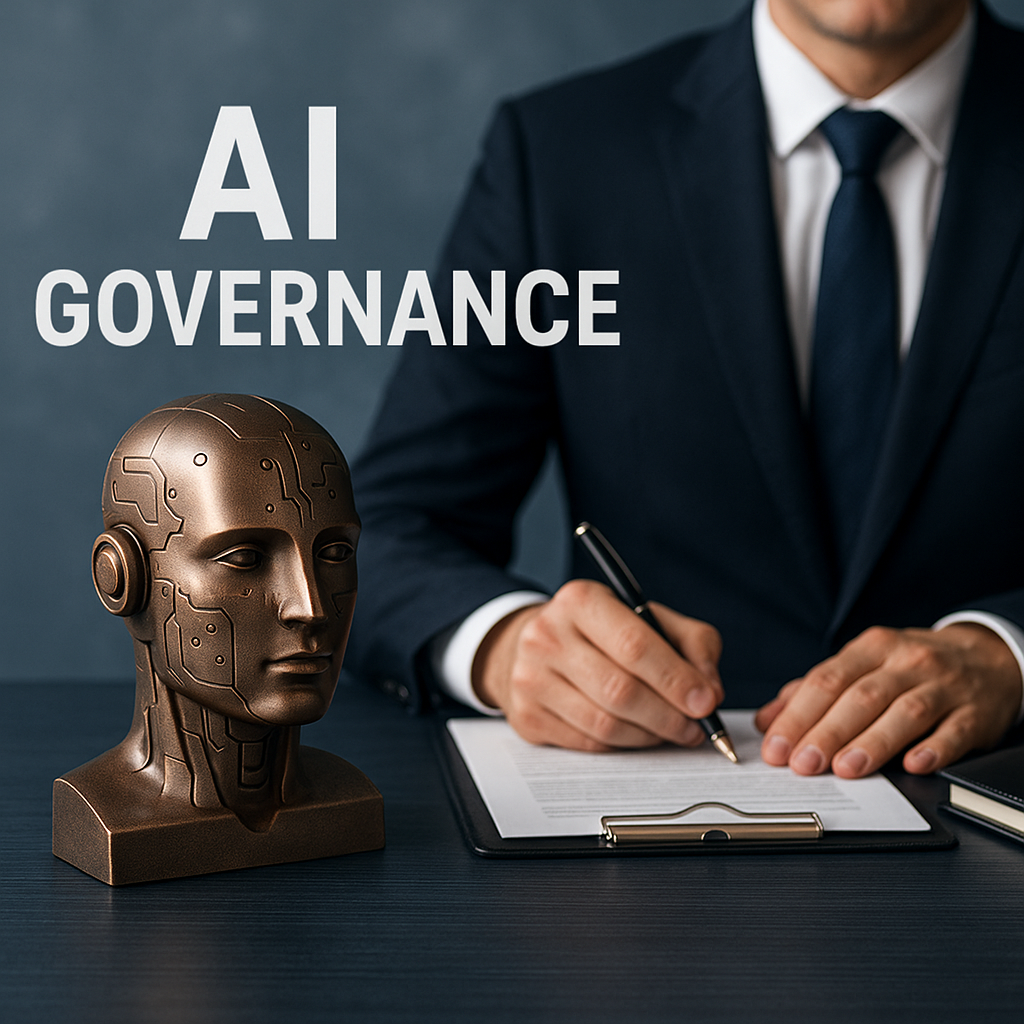
McClelland’s Theory of Needs is a motivational theory developed by David McClelland, a psychologist and Harvard professor. This theory focuses on three core needs of individuals: power, achievement, and affiliation. According to McClelland, these needs are innate and drive individuals to behave in specific ways. Understanding this theory can provide valuable insights for managers looking to effectively motivate employees in their future managerial roles.
Employee Motivation Strategies
Employee motivation is a crucial aspect of effective management. Managers must understand and cater to their employees’ underlying needs to create a motivated workforce. McClelland’s Theory of Needs can be a helpful framework for developing effective employee motivation strategies. By considering the three core needs – power, achievement, and affiliation – managers can tailor their approaches to suit individual employee motivations.
Here are some strategies that managers can implement to motivate their employees:
Achievement Motivation
Achievement motivation is characterised by the desire for personal success and a drive to excel in task-related goals. Employees with a high need for achievement (nAch) prefer challenging projects and seek opportunities to develop their skills and expertise. To encourage achievement-motivated employees, managers should:
1. Set Challenging Goals
Assign employees tasks that require them to stretch their abilities and go beyond their comfort zones. This will tap into their need for achievement and provide a sense of accomplishment when they complete the tasks.
2. Provide Feedback
Regularly provide constructive feedback to employees, recognising their achievements and identifying areas for improvement. This feedback should be specific, timely, and focused on their performance and growth.
3. Offer Opportunities for Advancement
Achievement-motivated individuals thrive in environments that provide opportunities for growth and advancement. Managers can offer training programs, mentorship opportunities, or career development plans to motivate and engage these employees.
Power Motivation
Employees with a high need for power (now) are driven by the desire to influence and control others. Providing opportunities for them to exercise power and influence can help managers effectively motivate power-motivated employees:
1. Delegate Authority
Employees with a high power need the authority to make decisions and take charge of projects. This gives them a sense of control and satisfies their need for power and influence.
2. Recognize Achievement in Public
Publicly acknowledge and recognise the achievements of power-oriented individuals. This recognition gives them a platform to demonstrate their influence and power, boosting their motivation and satisfaction.
3. Assign Leadership Roles
Give power-driven employees the chance to take on leadership positions or lead teams. This allows them to exercise their authority and influence others, fulfilling their need for power while contributing to the organisation’s success.
Affiliation Motivation
Affiliation motivation (nAff) is characterised by the need to establish and maintain positive relationships with others. Employees with a high demand for affiliation thrive in collaborative and supportive work environments. Here are some strategies to motivate affiliation-oriented employees:
1. Foster Teamwork and Collaboration
Create a culture of teamwork and collaboration where employees have opportunities to work together and build positive relationships. This can include team-building activities, group projects, or cross-functional initiatives.
2. Provide a Supportive Work Environment
Create an inclusive and supportive work environment where individuals feel valued and supported. Encourage open communication, provide emotional support, and foster a sense of belonging.
3. Offer Social Events
Organise social events or team-building activities outside of work to allow employees to bond and build relationships. This can increase job satisfaction and create a community within the organisation.
Conclusion
By understanding and catering to the needs of their employees, managers can effectively motivate their future teams, improving employee satisfaction, engagement, and overall organisational success.




